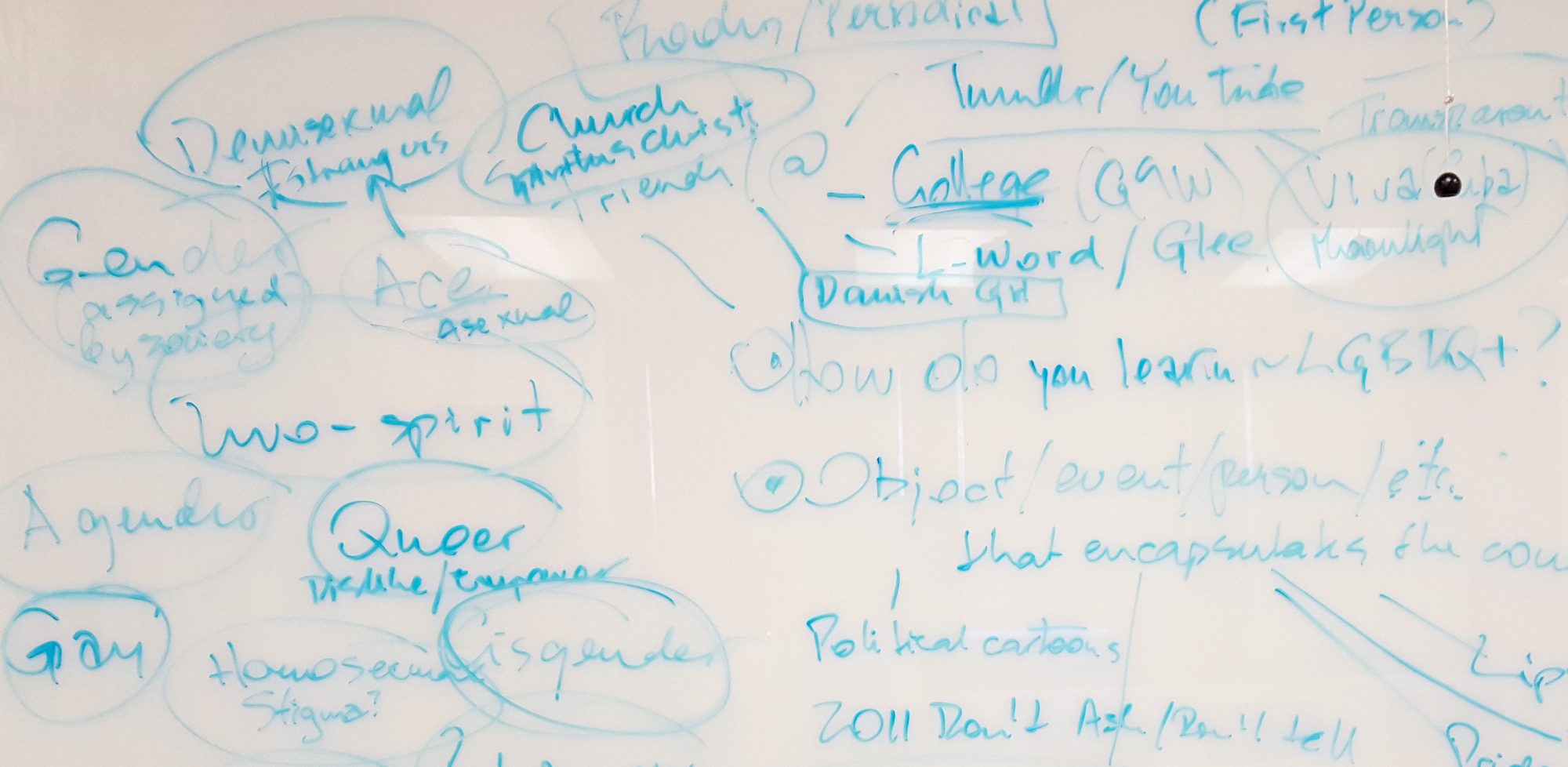In the January 1975 edition of New Women’s Times, Barbara Britton published an article titled “Why I Am Angry.” It talks about Barbara’s experience with pushback from the administration of S.U.C (SUNY) Geneseo for writing an article in the campus newspaper about discrimination and hate crimes against LGBTQ people in the community. Originally, she had been summoned to the Dean’s office on the pretense of housing agreement infringements, but the conversation evolved into reprimands for her writing. The article starts with “Perhaps constant conflict from working in the Lesbian movement is trying to decide whether events against you are coincidental or whether the nature of the event is grounds for paranoia.” This specific quote stood out to me because it is something that queer people ask themselves every day. Is a perceived microaggression actually hostile, or is the perpetrator just uneducated? This piece might be important to include in an exhibit for two reasons. First, attention could be brought to the timelessness of that first sentence to show that, although progress has been made in the intervening four decades, some things are still the same. Also, the document has historic value by providing a snapshot of how gay people were treated in rural New York in the 1970’s.
Recently, an acquaintance of mine, an Asian American woman, tried to apply for a business internship at Morgan Stanley. The program is specifically for minorities, so one would think it would be very inclusive. However, she soon realized that the internship was not for Asian Americans. This might not have been such an issue had the internship not included practically every other racial minority, as well as LGBTQ people. This is frustrating to me because even something aimed specifically at minorities left out a very large portion of the minority population in the United States. They may have some logic for failing to include Asian as a category, but without justification it seems like a mistake or even intentional discrimination. I would like to see more care when creating minority programming, whether that be not letting careless slips like this through, or justifying them if they aren’t slips.
